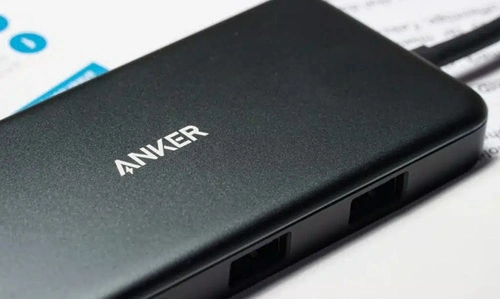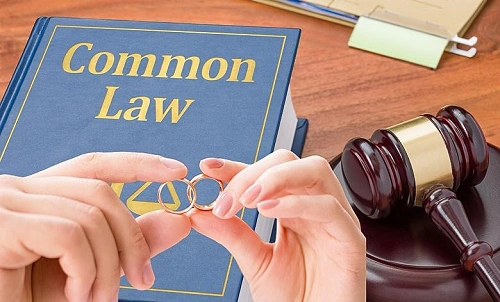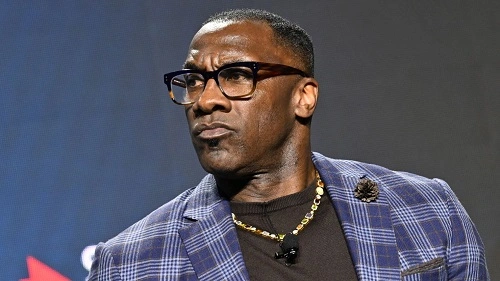On a global stage, without a single doubt, Anker is known for the best and value for money kind of power banks that you can use not only to charge phones and tablets, but you can even use them to charge your laptops as well, like whenever you want and wherever you want. But the thing is, right now, there are many issues surfacing regarding their power banks, like overheating, not working properly, and even to the point of straight-up catching fire and exploding. That’s the reason why you’re seeing this Anker Class Action Lawsuit in the headlines, and it is about time that we talk about the important details of this case.

What Is Anker Known For?
Anker is a very well-known brand in the market of tech accessories, especially for power banks. These devices became very popular because they were marketed as the safest and most reliable around, when other cheap varieties could perhaps harm the device. Anker also promoted features such as overcharge protection and temperature control. However, according to the lawsuits, in some instances, those claims did not really materialize in actual tests.
The Recall Timeline
1. Early Recalls (2023-2024)
Before 2025, Anker had already recalled several power bank models due to overheating risks:
- March 2023: First recall issued.
- June 2024: Another recall followed.
- October 2024: A third recall for the same overheating issue.
These early recalls showed warning signs before the larger recalls took place.
2. The Major June 2025 Recall
In June of 2025, Anker recalled about 1.15 million power banks across the world. Well-known models such as the PowerCore 10000 (A1263) and the Power Bank 20000 (A1647) were part of the recall. The issue: the batteries would overheat to the point of melting the plastic, giving off smoke, or even catching fire. These particular Power Banks were sold in several countries, including the United States, the U.K., China, and Australia.
3. The September 2025 Recall
In September 2025, things got worse. An additional 481,000 power banks were recalled in the U.S. alone. By this point, there were:
- 33 reports of fires or explosions.
- 4 burn injuries.
- 1 serious property damage case.
- The Lawsuits Against Anker
Who Filed the Lawsuits?
- June 2025: Jerry Light filed a lawsuit in California.
- July 2025: Christopher Hall filed another in New York.
Anker is facing two lawsuits. These lawsuits accuse Anker of selling unsafe power banks and not properly addressing the safety risks.
What Are They Claiming?
The main allegations include:
- Selling products with serious safety risks.
- Misleading customers about safety features.
- Failing to warn customers on time.
- Offering a weak recall plan.
Instead of a full refund, some offered a replacement or a $30 gift card, but many consumers consider it insufficient, especially when fire damage or injuries are involved.
Court Details
- Light v. Fantasia Trading LLC (California federal court).
- Hall v. Fantasia Trading LLC (New York federal court).
Both lawsuits are class actions aimed at representing U.S. customers who purchased Anker power banks between 2016 and 2022.
Impact on Consumers
The power banks affected in this recall were exported everywhere through online and actual physical stores of Amazon, Best Buy, Walmart, and Anker’s official website. The price ranged from $27 to $50.
The lawsuits argue that Anker’s recall plan falls short because:
- No cash refunds are offered.
- No compensation for damaged property.
- No proper disposal plan for unsafe batteries.
Paying extra for the “safety” aspect, the customer was led to assume that meant they got an unfortunate deal if the product failed to keep them safe.
So? What Could Follow Next in This Case?
The lawsuits are still in effect at this moment. Judgments in particular cases are yet to be announced, and the cases can go on into 2026. Typically, if a settlement were to be reached, the payouts would be relatively meager for the individual customer after attorney fees are deducted. Further, the lawsuits aim at holding Anker accountable for safety failures stemming from misleading claims.


